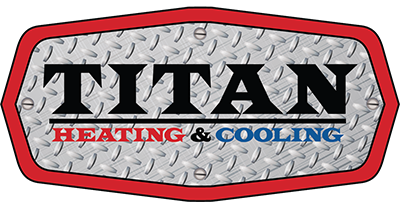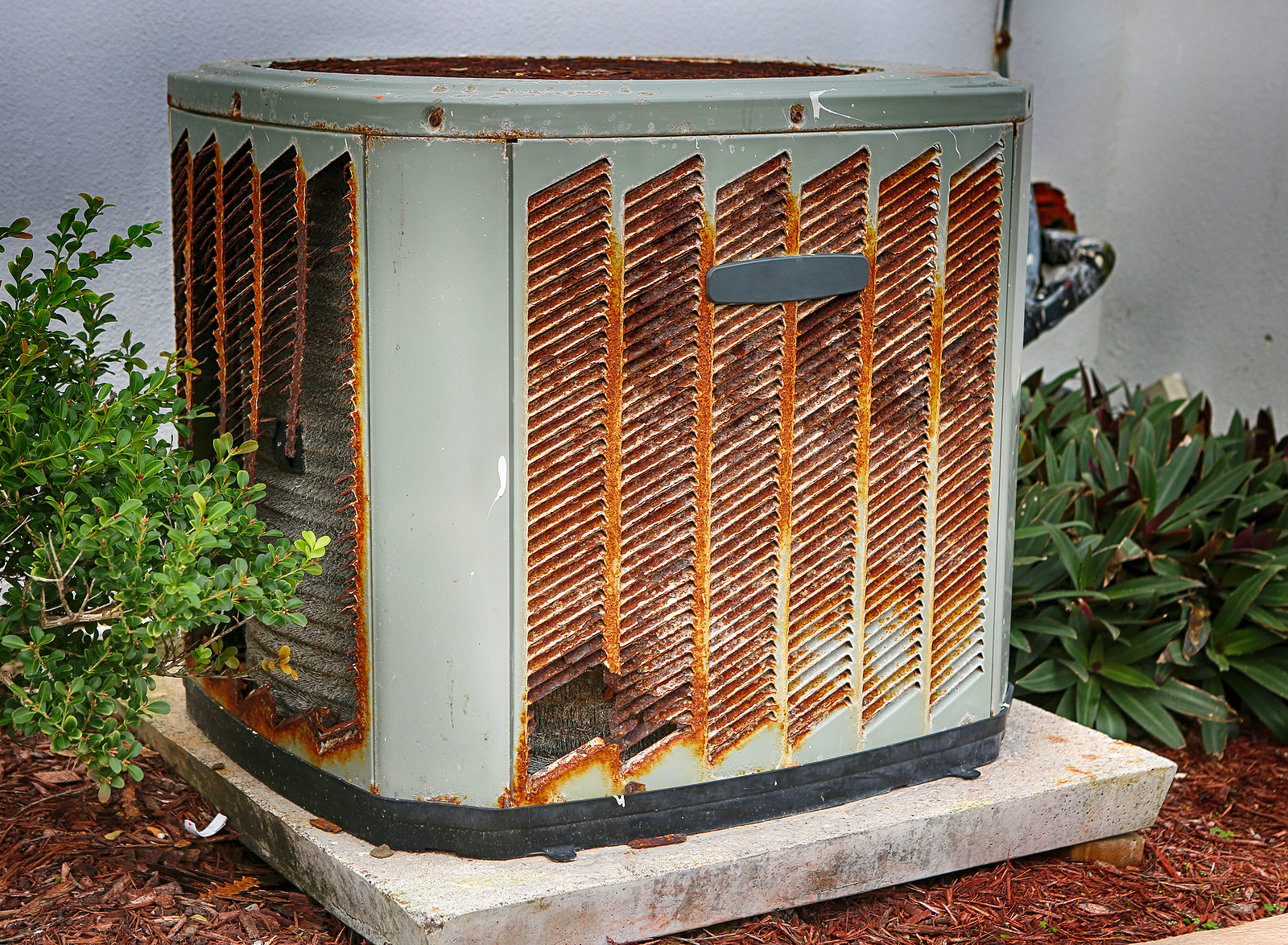Thanks to extreme temperatures, summer is the peak season for replacing air conditioning units. Unfortunately, as demand spikes, so do prices. But don’t worry–your AC might not need replacing just yet. Depending on the situation, it might actually be worth applying a temporary fix in late summer so you can buy a new system during the off season (fall through spring) when AC units are less expensive. Before you decide if your AC needs replacing, though, here are seven questions you should be asking yourself. Is your AC old? No matter how consistent you’ve been with HVAC maintenance, the average life expectancy for an AC unit is about 10-15 years. If your unit is within this age-bracket, then it may be time to consider investing in a replacement. Still, if your old AC isn’t giving you any problems, it might be smart to wait until the off season to buy a new system. Conversely, if your air conditioning unit is old and it’s giving you any of the problems listed below, you might need an immediate replacement. Have your monthly energy bills spiked? One of the first signs of an old or degrading air conditioner is inefficiency. If you’ve noticed that you’re paying much more for your energy bill than you’re used to paying at this time of year, it’s probably a sign that your AC is giving out. In general, older air conditioners have to work much harder to cool your home, meaning they use a lot more energy–and cost a lot more money. Of course, this may also be a sign of poor insulation in your home which could be caused by many different factors. It’s best to schedule an inspection first before you make the leap and buy a new system. Are temperatures uneven throughout the house? Have you noticed various hot spots around your home? Not only do aging ACs have to work harder, but they also have issues keeping temperatures even. It’s important to note that this issue could just be caused by an improperly sized AC unit, or by disintegrating ductwork. However, disintegrating ductwork is another sign of an aging AC, so while you can call a professional to come out and fix the ductwork, you may still need to replace the AC unit eventually. Is your AC noisier than normal? It’s common for most AC units to make some kind of noise when they kick on. But other noises can indicate serious issues. If you’re hearing sounds like squealing, grinding, scraping, or frequent loud pops and bangs, then you need to schedule an appointment with a professional as soon as possible. Your HVAC technician will be able to tell you if you need AC repairs or a full replacement. Have you already made expensive AC repairs in recent years? If your AC unit is still giving you problems after you’ve already replaced expensive key components, it might be more cost effective to simply replace it. This is especially true if your system is over that 10-year mark. If your AC is still under warranty, though, ask your HVAC specialist about what they can do for you in this situation. Are you seeing signs of poor air quality in your home? If you have people living in your home who have had frequent bouts of allergies or asthma, your air quality might be partially to blame. Old and disintegrating AC units often have problems with ventilation, meaning they are more likely to blow dust and pollen throughout your home. If you’ve noticed that your home is more dusty or humid than usual, your ventilation should be a key suspect. Call a trusted HVAC company and choose from their list of air conditioning...
Read MoreWhen we consider the quality of the air we breathe, we tend to think of outdoor air pollution, but we don’t often think about pollution in the air inside our homes. But in many cases, indoor air can be just as polluted, if not more so, than the air outside. Poor indoor air quality can cause or contribute to an array of health problems - some minor, others much more serious. Let’s take a look at how the air you breathe could be impacting your health. What Causes Poor Indoor Air Quality? Many things can cause the air in your home to become polluted: Dust Mold Mildew Smoke from cigarettes or cooking Fumes from carpet and furniture Bacteria or viruses Pet dander Cleaning products Air fresheners and more can all diminish the quality of the air you breathe. All of your day-to-day activities ultimately contribute in one way or another to the air quality in your home. Additionally, improper ventilation and high humidity can increase the concentration of pollutants in the air, further contributing to the problem. Health Effects Associated With Poor Air Quality The effects of exposure to poor indoor air quality vary depending on many factors, including the type and concentration of pollution in the air, the sensitivity level of each person, and the length of exposure to the pollutant. If you have symptoms at home but they diminish or disappear when you leave, it’s possible you are experiencing the effects of poor air quality. Some of the health effects that polluted indoor air contributes to are: Immediate effects: Irritation of the eyes, nose, throat, or skin Headaches Dizziness Fatigue Shortness of breath or mild asthma Long-Term Effects: Respiratory disease Rapid heartbeat or heart disease Nausea or vomiting Worsening asthma symptoms Lung cancer These long-term effects can happen in cases where you are exposed to particularly harmful pollutants (such as radon or ozone) or to a high concentration of less harmful pollutants for an extended period of time, and you may not notice more severe symptoms for many years. Also, some people are more sensitive to pollutants than others, so all family members may not experience the same symptoms. How to Improve Indoor Air Quality There are a number of ways to improve the quality of the air in your home, ranging from simple things you can try on your own to bigger changes that require help from a professional. Opening up the windows for ventilation, opting for cleaning and personal care products that produce less toxic fumes, running a dehumidifier on humid days, changing your air filter regularly, and having your HVAC system professionally cleaned can significantly improve your indoor air quality. For an even greater improvement in your home’s air quality, consider installing a whole-house ventilation system or adding an air purifier to an existing system. Product Spotlight: BreatheCLEAN Air Purifier Here at Titan we recommend the BreatheCLEAN Total Home Air Purifier for the ultimate in indoor air purification. BreatheCLEAN uses the power of pure ultraviolet light to kill airborne microorganisms such as germs, bacteria and mold. It easily installs into the existing ductwork of your home’s central ventilation system and continually cleans the air as it circulates. No competing model offers more effective purification for your home, and the BreatheCLEAN system costs less than you’d think. If you’re ready to improve the quality of your indoor air with an air purifier, upgraded air filter, new dehumidifier, or professional HVAC cleaning, Titan Heating & Cooling has what you need. Give us a call at 651.714.8931 or contact us here. ...
Read More



